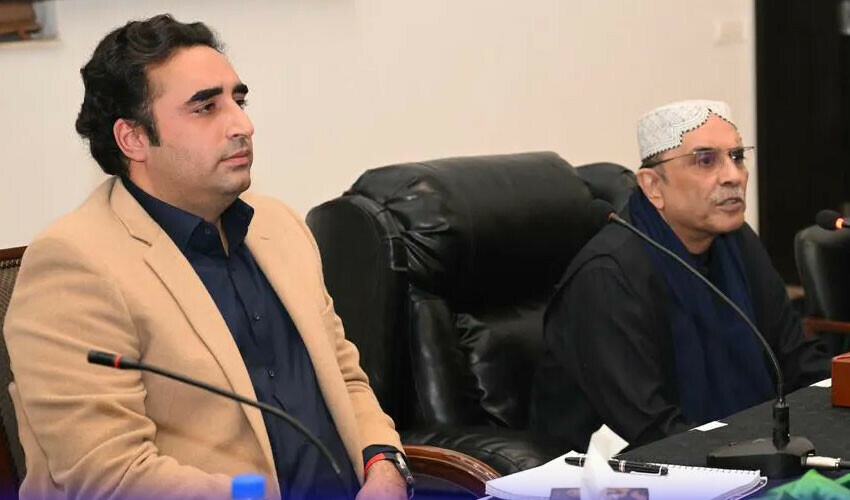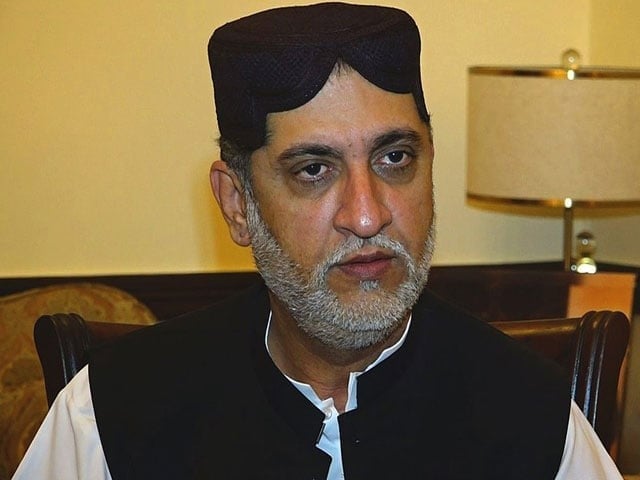Bilawal Bhutto Expresses Displeasure Over Government’s Failure to Consult on Judicial Commission Representation

Islamabad: Pakistan People’s Party (PPP) Chairman Bilawal Bhutto Zardari has voiced his concerns over the government’s handling of the judicial commission’s representation, citing the failure to consult and honor commitments. He expressed dissatisfaction with the government’s actions, accusing them of backtracking on promises and avoiding coordination with the PPP.
Sources have claimed that as a protest, Bilawal Bhutto Zardari withdrew his name from the judicial commission last week. According to these sources, the PPP Chairman had been promised equal representation in the commission alongside the ruling Pakistan Muslim League-Nawaz (PML-N), but the government did not follow through on that pledge.
The dispute has now led to a decision being made by PPP’s Central Executive Committee regarding the party’s future course with the government. A meeting of the committee is expected soon upon Bilawal Bhutto’s return to Pakistan, where key decisions will be taken.
Initially, the ruling alliance nominated Bilawal Bhutto Zardari for the National Assembly, and PML-N’s Senator Irfan Siddiqui for the Senate as representatives for the judicial commission. However, later, the government replaced Bilawal’s nomination with PML-N’s Sheikh Aftab from the National Assembly and also appointed opposition figures, including Pakistan Tehreek-e-Insaf’s (PTI) leaders Umar Ayub and Roshan Khurshid Brocha, and PPP’s Senator Farooq Naek from the Senate.
The commission, as per constitutional amendments, will be a 13-member body chaired by the Chief Justice of Pakistan, with three senior most judges from the Supreme Court and a representative from the Pakistan Bar Council, who must have at least 15 years of legal experience.
The judicial commission will be tasked with selecting the country’s Chief Justice under the 26th Constitutional Amendment. For the first time in Pakistan’s history, the appointment of the Chief Justice will be handled by a parliamentary committee, instead of the senior-most judge system that was followed in the past.
In a major shift from historical practices, the commission’s composition will include the senior-most judge from constitutional benches, ensuring a broader, more collective decision-making process regarding the appointment of the Chief Justice.






